SQL Server
SQL Server stands out as a powerful and versatile relational database management system, offering a myriad of benefits that empower businesses to manage and leverage their data efficiently. Here are key advantages:
- Data Integrity: SQL Server ensures the integrity of your data by enforcing constraints and relationships. This guarantees that the information stored in your database is accurate and consistent, preventing errors or discrepancies.
- Scalability: As your business grows, so does the volume of your data. SQL Server provides seamless scalability, allowing you to handle increasing workloads and data volumes without compromising performance. This ensures your database can grow with the evolving needs of your organisation.
- Performance Optimisation: SQL Server is renowned for its robust query optimization capabilities. It analyses queries and execution plans to provide the most efficient path for data retrieval, resulting in faster query processing times and enhanced overall performance.
- Security Features: Security is a top priority, and SQL Server offers a comprehensive set of security features. These include encryption, authentication, and access control mechanisms, ensuring that your data is protected from unauthorized access or malicious activities.
- Reliability and High Availability: With features like automatic backups, point-in-time recovery, and clustering, SQL Server ensures high availability and reliability. This minimises downtime, safeguards against data loss, and provides a stable environment for critical business operations.
- Advanced Analytics and Reporting: SQL Server integrates seamlessly with business intelligence tools, enabling advanced analytics and reporting. Utilise features like SQL Server Analysis Services (SSAS) and SQL Server Reporting Services (SSRS) to gain valuable insights from your data and create meaningful reports.
- Ease of Management: SQL Server comes with user-friendly management tools, making it easier for administrators to handle tasks such as database creation, maintenance, and monitoring. The intuitive interface simplifies complex operations, reducing the learning curve for database management.
- Compliance and Auditing: For businesses operating in regulated industries, SQL Server offers features that facilitate compliance with industry standards. Additionally, it provides auditing capabilities to track and monitor database activities, ensuring transparency and accountability.
In summary, Microsoft SQL Server provides a robust foundation for managing, analysing, and securing your data. Its scalability, performance optimisation, and comprehensive feature set make it a preferred choice for businesses seeking a reliable and efficient database management solution.
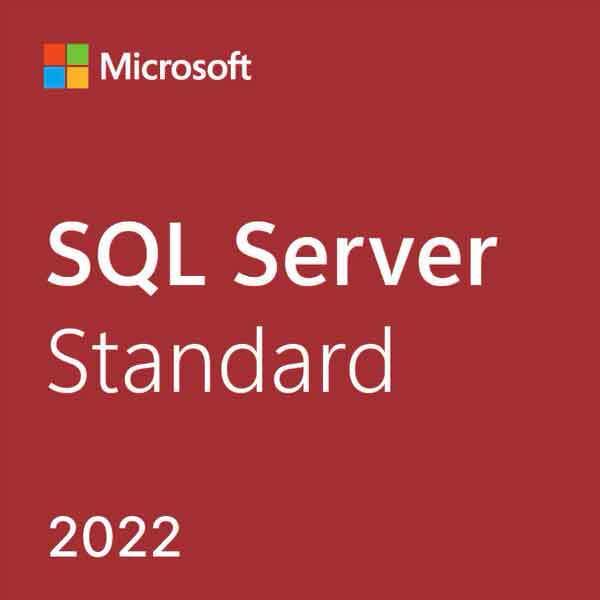 -80%
-80%
£299.95
£1,499.95
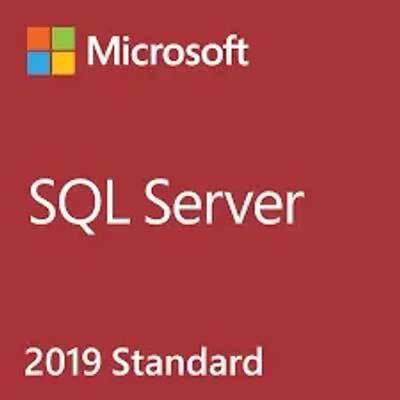 -39%
-39%
£249.95
£409.99
£249.95
£409.99
 -42%
-42%
£259.95
£449.99
 -43%
-43%
£269.95
£475.00
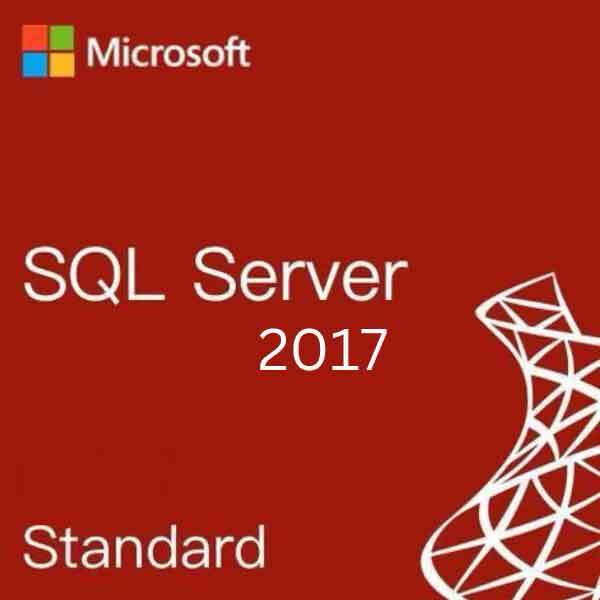 -37%
-37%
£249.95
£399.95
 -30%
-30%
£279.95
£399.99
 -57%
-57%
£299.95
£699.00
 -58%
-58%
£329.95
£799.99
 -58%
-58%
£349.95
£849.99
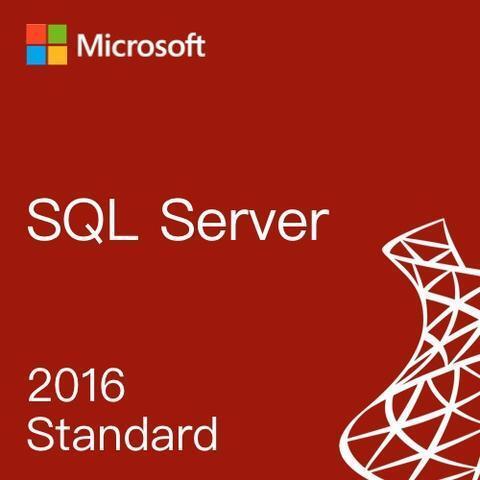 -50%
-50%
£199.95
£399.99
 -48%
-48%
£259.95
£499.95
 -55%
-55%
£269.95
£599.95
 -63%
-63%
£329.95
£899.95
 -62%
-62%
£299.95
£799.95
 -60%
-60%
£279.95
£699.95
 -46%
-46%
£219.95
£409.99
 -41%
-41%
£239.95
£409.99
 -46%
-46%
£249.95
£469.99
 -28%
-28%
£319.95
£449.99
 -46%
-46%
£269.95
£499.99
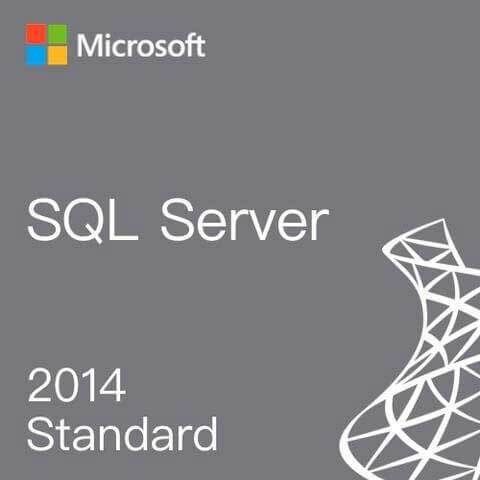 -52%
-52%
£189.95
£399.95
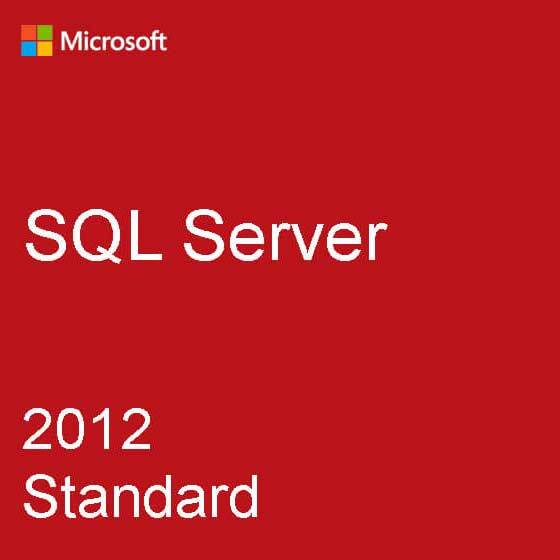 -40%
-40%
£179.95
£299.95
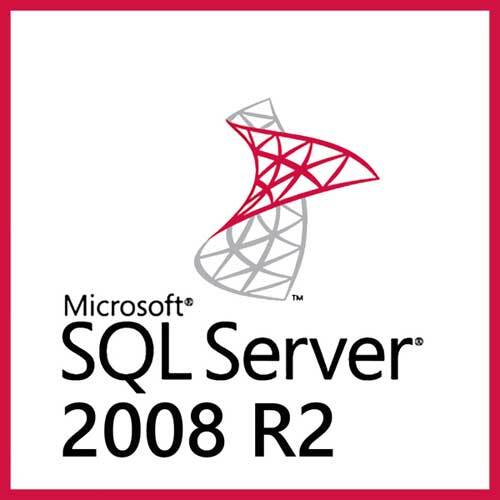 -51%
-51%
£169.95
£349.95
Microsoft SQL Server is a comprehensive relational database management system (RDBMS) developed by Microsoft. It is a robust and versatile platform designed to efficiently manage, store, and retrieve data for a wide range of applications. Here is a summary of key features and aspects of Microsoft SQL Server:
1. **Relational Database Management System (RDBMS):** SQL Server follows the principles of a relational database, organising data into tables with defined relationships, ensuring data integrity, and supporting complex queries.
2. **Scalability:** SQL Server is scalable to meet the growing needs of businesses. It accommodates increasing data volumes and workloads, making it suitable for both small-scale applications and large enterprise-level systems.
3. **Performance Optimisation:** Known for its powerful query optimization capabilities, SQL Server ensures efficient data retrieval and processing. It analyses queries and execution plans to deliver optimal performance, even with complex operations.
4. **Security Features:** Security is a top priority, and SQL Server provides robust security features. These include encryption, authentication, and access control mechanisms to protect data from unauthorised access and ensure compliance with industry standards.
5. **Reliability and High Availability:** SQL Server incorporates features such as automatic backups, point-in-time recovery, and clustering to ensure high availability and reliability. This minimises downtime, safeguards against data loss, and provides a stable environment for critical business operations.
6. **Advanced Analytics and Reporting:** SQL Server seamlessly integrates with business intelligence tools, enabling advanced analytics and reporting. Features like SQL Server Analysis Services (SSAS) and SQL Server Reporting Services (SSRS) empower users to derive valuable insights from their data.
7. **Management Tools:** SQL Server includes user-friendly management tools that simplify database administration tasks. These tools facilitate database creation, maintenance, and monitoring, reducing the complexity associated with managing a database system.
8. **Compliance and Auditing:** For businesses subject to regulatory requirements, SQL Server offers features to support compliance. It also provides auditing capabilities, allowing organisations to track and monitor database activities for transparency and accountability.
In summary, Microsoft SQL Server is a versatile and powerful RDBMS that excels in scalability, performance optimization, security, and reliability. It is a preferred choice for businesses seeking a comprehensive solution to manage and derive insights from their data effectively.
Boost your business efficiency when you buy SQL Server from Software Base. Offering powerful data management capabilities, SQL Server ensures optimal performance, top-tier security, and seamless integration with Microsoft tools. It’s ideal for businesses looking to scale, manage, and analyze data efficiently. Whether you’re hosting on-premises or in the cloud, SQL Server provides the flexibility you need. Software Base offers competitive pricing, trusted customer support, and a smooth purchasing experience. Get started today and empower your business with reliable, cutting-edge database solutions from SQL Server.